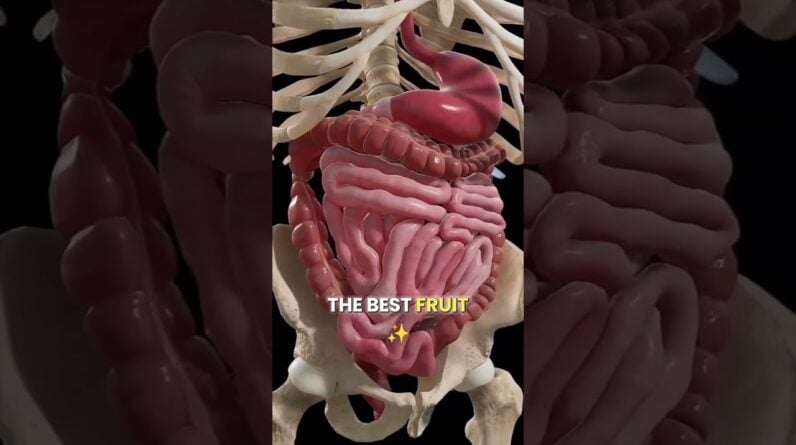
Carb Confusion: Unveiling the Truth Behind Post-Workout Fuel
The Importance of Post-Workout Nutrition
After an intense workout, your body needs proper nourishment to recover and rebuild. Post-workout nutrition plays a crucial role in replenishing glycogen stores, repairing damaged muscles, and promoting overall recovery.
The Role of Carbohydrates
Carbohydrates are often misunderstood when it comes to post-workout fuel. Many people believe that cutting carbs after exercise is beneficial for weight loss or fitness goals. However, carbohydrates are essential for replenishing glycogen stores, which are depleted during exercise.
Glycogen is the primary source of energy for your muscles during high-intensity workouts. By consuming carbs after your workout, you replenish these stores, ensuring you have enough energy for your next training session. Moreover, carbohydrates help stimulate insulin release, which aids in muscle protein synthesis.
Choosing the Right Carbs
Not all carbs are created equal, and the type of carbohydrates you consume after a workout can impact your recovery. It’s important to focus on quality sources of carbs that provide essential nutrients and promote optimal recovery.
Complex carbohydrates like whole grains, fruits, and vegetables are excellent choices for post-workout fuel. These carbs are rich in fiber, vitamins, and minerals, providing a steady release of energy and supporting overall health.
Avoid refined or processed carbohydrates like white bread, sugary snacks, and sodas. These foods can cause a rapid spike in blood sugar levels, leading to an energy crash and potential weight gain.
Protein and Carbohydrate Ratio
While carbohydrates are crucial for post-workout recovery, it’s essential to balance them with protein. Consuming a combination of carbohydrates and protein after exercise can enhance muscle protein synthesis, leading to better muscle repair and growth.
Experts recommend consuming a ratio of 3:1 or 4:1 carbohydrates to protein after a workout. For example, if you consume 30 grams of carbohydrates, aim for 10-15 grams of protein. This ratio optimizes muscle glycogen replenishment and promotes muscle recovery.
Timing is Key
The timing of your post-workout meal or snack is also important for maximizing recovery. Ideally, you should consume your post-workout fuel within 30 minutes to an hour after exercise.
During this window, your body is more receptive to nutrients, and consuming carbs and protein promptly can enhance their absorption and utilization. If you’re unable to eat a full meal, a protein shake or a snack combining carbs and protein can be a convenient option.
Individual Variations
It’s important to note that individual variations exist when it comes to post-workout nutrition. Factors like body composition, fitness goals, and the intensity of your workout can influence your specific needs.
If you have specific dietary restrictions or follow a particular eating plan, it’s advisable to consult a registered dietitian or healthcare professional to tailor your post-workout fuel accordingly.
Conclusion
Post-workout nutrition plays a vital role in recovery and optimizing exercise performance. Carbohydrates are an essential component of post-workout fuel as they replenish glycogen stores and promote muscle repair.
Choosing the right carbohydrates, balancing them with protein, and consuming them within the optimal time frame can help maximize your post-workout recovery. Remember, individual variations exist, so it’s always beneficial to seek professional advice to tailor your post-workout nutrition to your specific needs.








